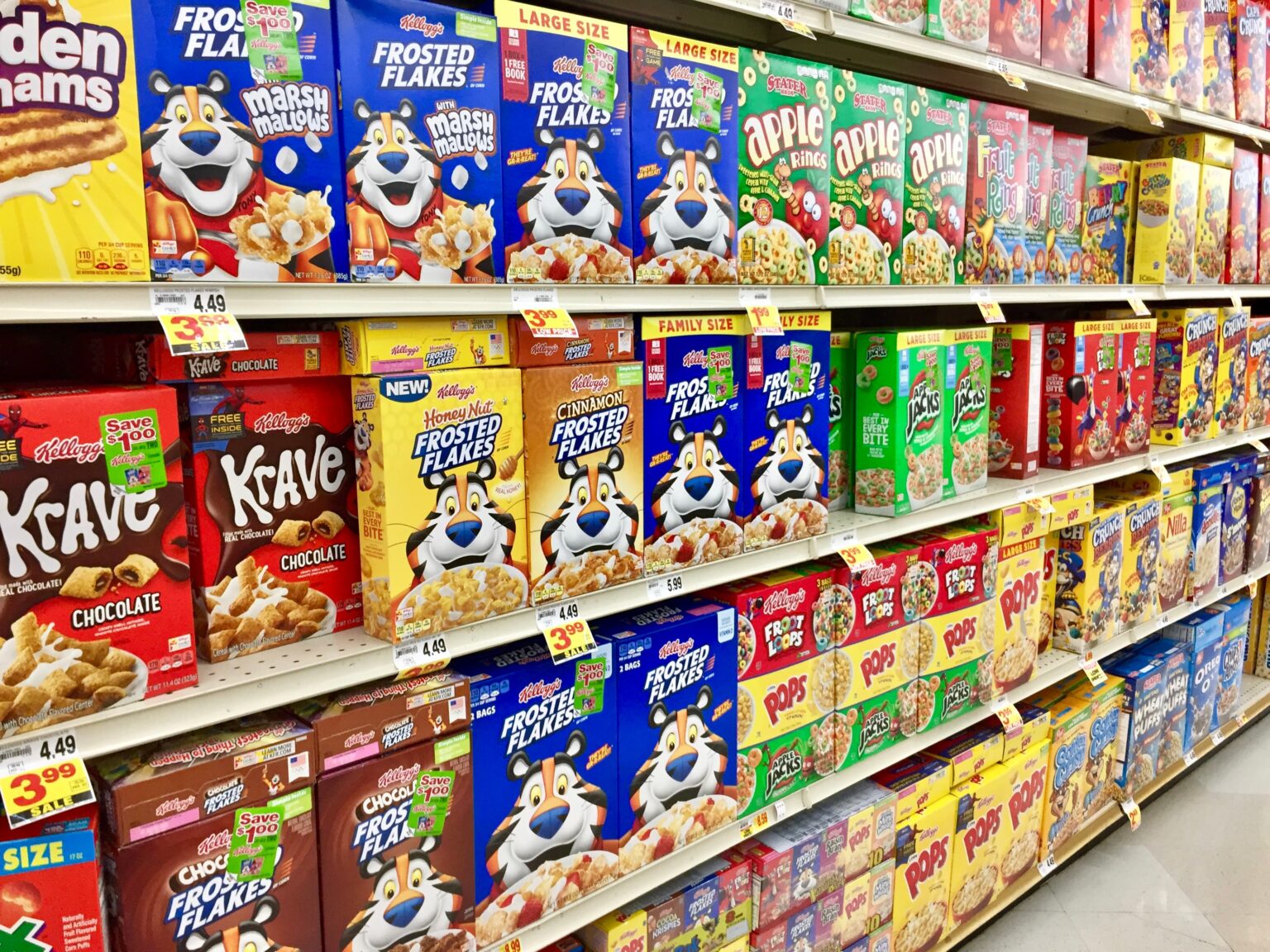Ferrero Expands Into Breakfast With Bold Acquisition
Italian confectionery giant Ferrero is making another major push into the North American food market, announcing a $ 3.1 billion deal to acquire WK Kellogg Co., the iconic cereal producer known for Froot Loops, Frosted Flakes, and Corn Flakes. The agreement, revealed on July 10, 2025, includes a cash offer of $23 per share, representing a premium of nearly 40% over WK Kellogg’s average trading price in the weeks leading up to the announcement.
The acquisition covers all of WK Kellogg’s operations in the United States, Canada, and the Caribbean, encompassing manufacturing, marketing, and distribution of a wide range of cereals. Once finalized, the deal will fold WK Kellogg into Ferrero’s growing portfolio of well-known food brands, which includes Nutella, Ferrero Rocher, Kinder, and Tic Tac.
Investors responded with enthusiasm. WK Kellogg’s stock soared over 30% on the day of the announcement. Industry analysts say this bold move reflects Ferrero’s continued strategy of diversifying beyond confectionery and establishing a foothold in the North American breakfast segment,a market still valued in the billions, despite long-term volume declines.
Strategy to Revive an Iconic But Declining Brand
Ferrero has been steadily expanding its North American presence for years. In 2018, it acquired Nestlé’s U.S. candy business for $ 2.8 billion, adding brands like Baby Ruth and Butterfinger to its portfolio. In 2022, Ferrero purchased Wells Enterprises, the maker of Blue Bunny ice cream, broadening its product reach even further.
With WK Kellogg, Ferrero gains not only product diversity but also deep retailer relationships and established distribution networks across major U.S. grocery chains. Industry experts say those assets will help Ferrero improve shelf positioning, logistics, and even pricing leverage across all its product lines.
Still, the road ahead isn’t without obstacles. WK Kellogg, created as a spin-off from Kellogg Company in 2023, has struggled to reverse long-term trends in consumer behavior. U.S. cold cereal sales have been in decline for years, as younger consumers shift to snack bars, smoothies, and protein-rich breakfasts. In 2025, cereal sales were down approximately 6% compared to 2022.
In addition, WK Kellogg has faced criticism over the use of artificial dyes, especially in cereals targeted at children. Although more than 85% of its products are now dye-free, legacy brands such as Froot Loops still contain synthetic colors. The company has pledged to eliminate dyes from school-distributed products and to cease launching dyed cereals after January 2026.
According to consumer watchdogs, WK Kellogg’s slow progress on ingredient transparency has hurt brand trust. A labor strike in 2021 further damaged the company’s image and distribution capabilities. Some analysts believe Ferrero’s involvement could introduce tighter supply chain discipline and accelerate the shift toward cleaner-label products.
Integration Plan and Broader Industry Impact
The acquisition is expected to close in the second half of 2025, pending shareholder approval. Once completed, WK Kellogg will be delisted from the New York Stock Exchange and operate as a subsidiary under Ferrero’s ownership.
Analysts say Ferrero may consider consolidating production facilities or retiring underperforming cereal brands to focus on high-margin offerings. While WK Kellogg controls an estimated 30% of the U.S. cereal market, profitability has been inconsistent due to rising raw material costs, labor challenges, and changing consumer preferences.
Observers also see this deal as part of a larger wave of consolidation in the global food industry. In 2024, rival confectionery firm Mars Inc. acquired Kellanova, the snack-food counterpart to WK Kellogg, in a nearly $30 billion transaction. That deal underscored the shift among major players toward portfolio diversification, as traditional snack and breakfast brands face competition from startups promoting plant-based or functional foods.
In Ferrero’s case, the WK Kellogg acquisition not only increases its revenue base in North America but also enhances its distribution infrastructure, creating cross-selling opportunities between breakfast cereals, spreads, and snack products. For WK Kellogg, the buyout offers a chance at strategic reinvention, under the stewardship of a family-owned global player with a long-term outlook and proven experience in brand revitalization.


